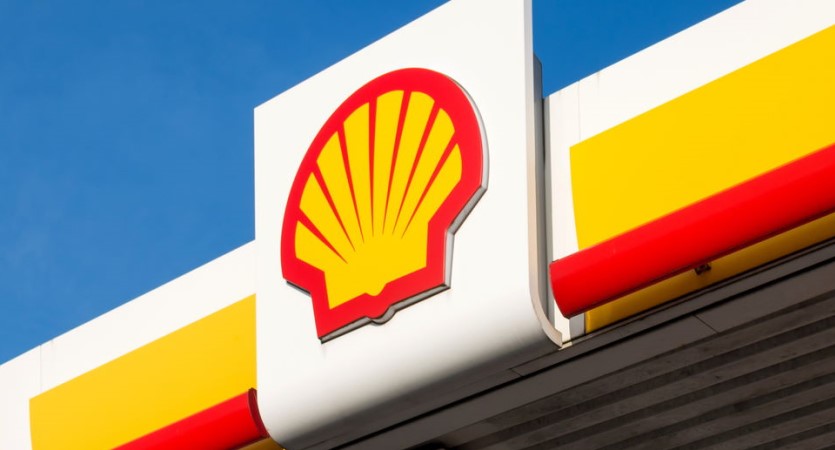
The extent to which Europe can import enough gas next winter largely depends on developments in China. CEO said this in an explanation of the quarterly figures.
But, at the same time, he warned that it is still totally unpredictable how secure the energy supply to European countries will be.
Last winter, severe corona lockdowns still plagued the world’s second-largest economy, depressing demand for gas and liquefied natural gas (LNG) there. This left more on the world market for European importers, who received less and less gas from Russia after the start of the war in Ukraine and had to look hard for alternatives.
“Last winter, we were helped by two important things. Firstly, we can’t always count on the relatively mild winter. But it also helped that China still had a zero-covid policy, which lowered the volumes needed there,” Sawan said. “The question now is how much LNG is needed there.”
Sawan also pointed out that a lot depends on what Russia will do. At the same time, he sees that gas storage facilities in Europe are relatively well-filled. Last year, the Russian state gas company Gazprom continued to cut supplies to European countries, after which natural gas prices rose to record highs due to fears of acute shortages. For many people, energy bills rose at an unprecedented rate.
Large energy companies such as Shell achieved record profits thanks to those higher prices, which led to criticism from people who think they benefited from a crisis in this way. However, Shell also managed to increase its profit in the first three months of this year compared to last year.
“I recognize that these are difficult times. Food prices are rising fast, and so are energy prices, although perhaps less so now. This has cost households and governments a lot. So we make sure that enough energy comes in,” he said. “There is too little investment in energy worldwide, whether it be conventional or unconventional energy sources.”







